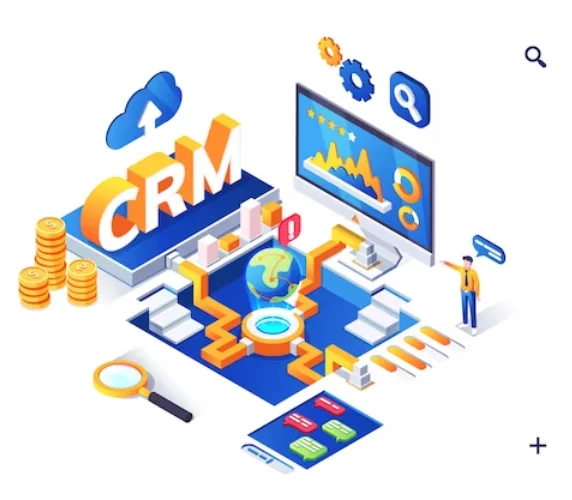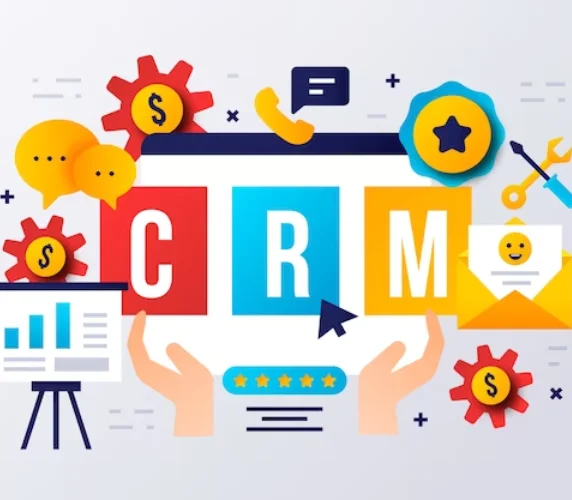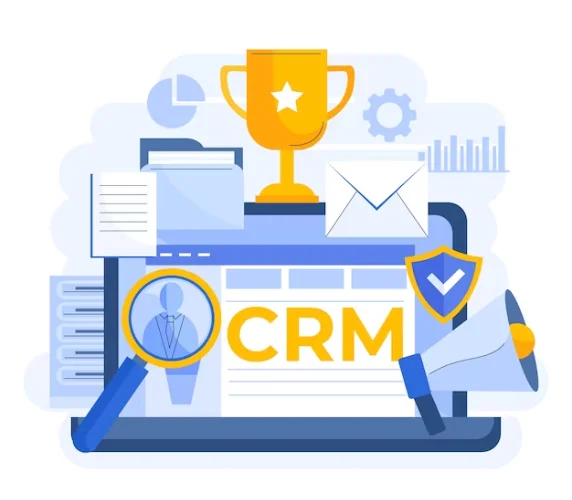RETAIL CRM SOFTWARE!
Customer relationship management, or CRM, is a software program that arranges all of the prospects and customers in your company so you can quickly and trackable stay in touch with them. On the other hand, a business-to-consumer (B2C) model's high frequency of repeat purchases is better supported by a retail CRM. Robust retail CRM software offers insights into the optimal times to follow up with a particular consumer and what they are probably looking for. For instance, Endear's CRM solution gives users access to a comprehensive Omni channel order history, average order value (AOV), and a customer's lifetime expenditure, all of which help sales representatives target their outreach. Consider what kind of information and processes your sales staff requires to do their duties effectively and efficiently before selecting which CRM to utilize for your company.



